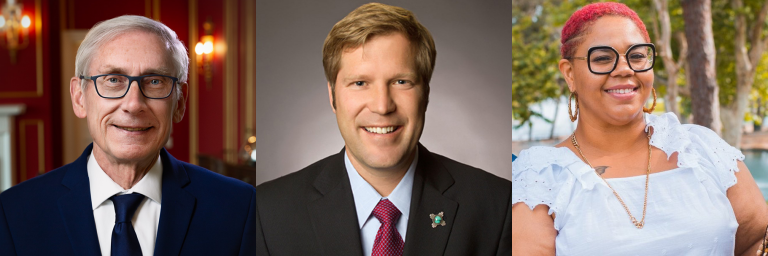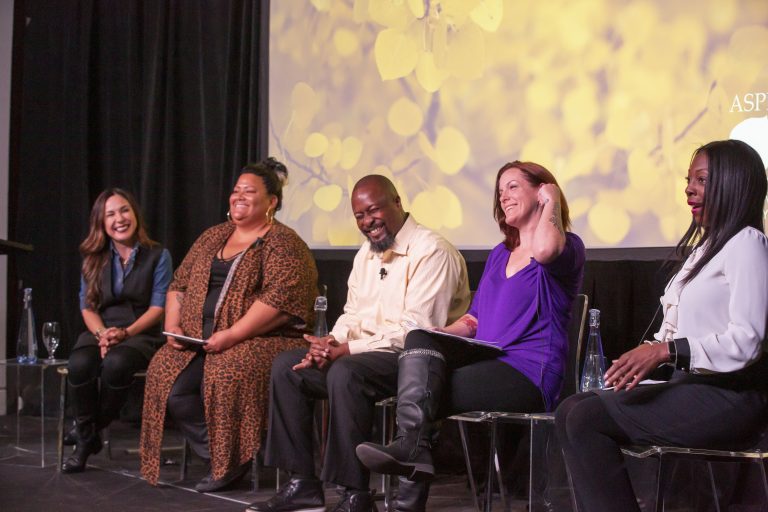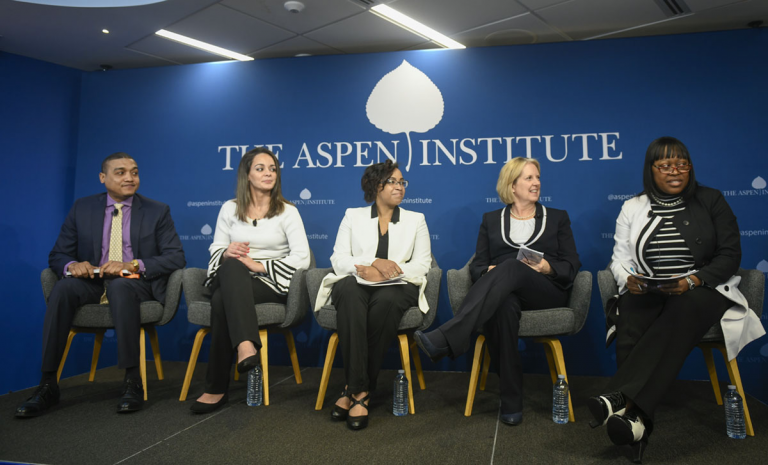Smart Starts for Children and Families: Building Upon Early Learning Innovations
ALMOST 50 YEARS AGO, OUR NATION MADE A SEMINAL COMMITMENT TO CHILDREN AND FAMILIES WITH THE LAUNCH OF PROJECT HEAD START.
On May 18, 1965, President Lyndon B. Johnson and Sargent Shriver stood in the Rose Garden and made a lasting commitment to America’s most disadvantaged children and established Project Head Start as the nation’s first comprehensive child development program. Head Start has served as the original two-generation program, bringing families and communities together to meet the educational, nutritional, social, and emotional needs of low-income children and families. Head Start has withstood the test of time and evolved under both Republican and Democratic Administrations as well as maintained extremely strong public support.
We are learning more every day about what accelerates children and families toward educational achievement and economic security, and we see opportunities for innovation and burgeoning political will in every community across the United States. This is the time for bold steps forward in the field of early childhood development: we are learning more every day about what accelerates children and families toward educational achievement and economic security and we see opportunities for innovation and burgeoning political will in every community across the United States.
On May 13-14, we will convene a diverse circle of leaders for a series of conversations that highlight emerging themes for bold advances in the field of early childhood development. The forum includes insights from historians, experts in early care and education, practitioners, parents, policymakers, and philanthropists from across the nation.
EVENT MATERIALS:
- Smart Starts for Children and Families Event Agenda
- Speaker Biographies
- Participant List
- Online Engagement Inforrmation
- Ascend and Early Childhood: Key Contributions and Convenings Brief
- Two Open Windows: Infant and Parent Neurobiologic Change (available May 14, 2015). This report highlights the evidence in support of investments in both parents and children during the paired sensitive period of early life and the transition to parenting.
RELEVANT ASCEND PUBLICATION:
Related Posts






